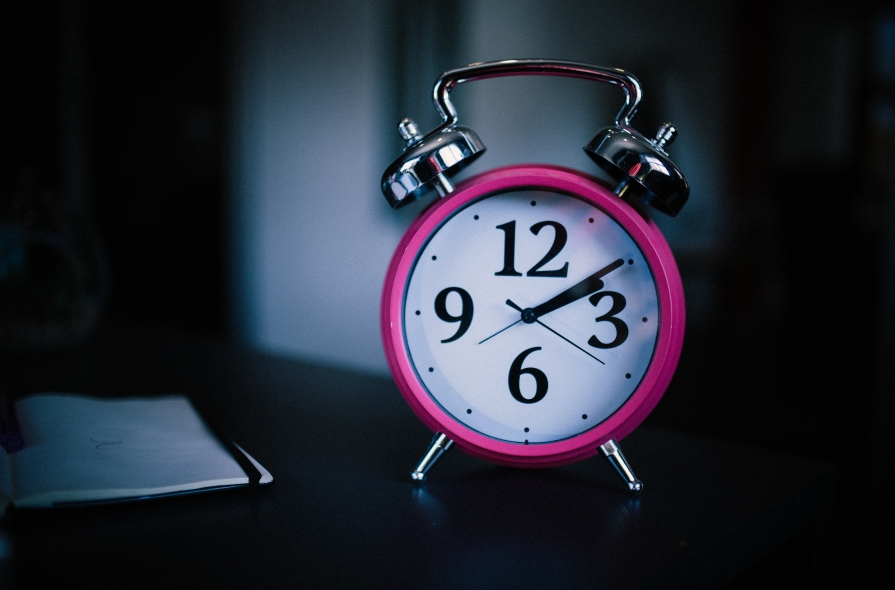You Need a Sleep Schedule, Here’s Why

As you get older, you’ll probably notice that when you stay up late, it can truly impact your entire next day. That’s where a sleep schedule comes in handy. But how do you get a sleep schedule started, and do you really need one? The truth is that your body is a creature of habit; it loves a good routine. Your cells and internal organs each have their own internal biological clock, and it functions better when it knows what to expect each day. In this article, we’ll dive into how your biological clock works and the benefits of sticking with a sleep schedule.
How Does Your Biological Clock Work?
For a long time, scientists thought of the brain as a master command center. It would send out signals to the body telling us to inhale, exhale, sleep, and other vital bodily functions. And from a big-picture level that made sense. But in recent years, scientists have posed fundamental challenges to the command center theory by asking questions like, “Why does your whole body—not just your sleep schedule—feels “off” if you change time zones?”, or “Why does eating later during the day tends to produce more weight gain than eating the same meal earlier? “
It turns out that your body–and the cells that make up your organs and tissues—operates being guided by not one single master clock, but rather by a series of clocks that synchronize as part of our overall circadian rhythm. In trials with mice, scientists have found that when they shifted sleeping and eating schedules, the mice not only gained more weight but their new behavior also altered the mice’s functioning on a cellular level. This research into the influence of circadian rhythms may have profound consequences for understanding human health. When you veer off schedule, you disrupt your circadian rhythms and may cause dysfunction at the cellular level. Scientists may be cracking the biological code for that age-old human sense of the importance of keeping a routine in daily life.
What Happens if You Don’t Want a Sleep Schedule?
Research suggests there may be serious consequences for having an inconsistent sleep-wake schedule. You could be packing on more pounds than you realize if you eat later in the day rather than earlier. You may also be more vulnerable to metabolic diseases such as high blood pressure, diabetes, and high cholesterol. Not sleeping well can lead to more mistakes in your work or school life. If you’re exercising, you’ll have to work extra hard just to get minimum results. Given everything that you have to juggle in a day, it’s important to make decisions that make our lives easier. Who really wants more work? One important way to keep your internal clock running in sync and on schedule is to simply go to bed and get up at the same time each day.
By establishing and maintaining a consistent sleep schedule, you’re allowing for greater synchronization of all these different clocks within your body. You’ll be sharper, fitter, and more alert as a result. If you don’t have a sleep-wake schedule in place—or if you’ve fallen away from your routine— there’s no time like the present to start. Spend the next week implementing a schedule that allows you to go to bed and to wake at the same time every day (including weekends). It may take a little effort, but commit to seven consecutive days of the same bedtime and wake time. Your schedule will get easier to follow once you’re used to it, and you’ll be doing good things for your health and well-being.